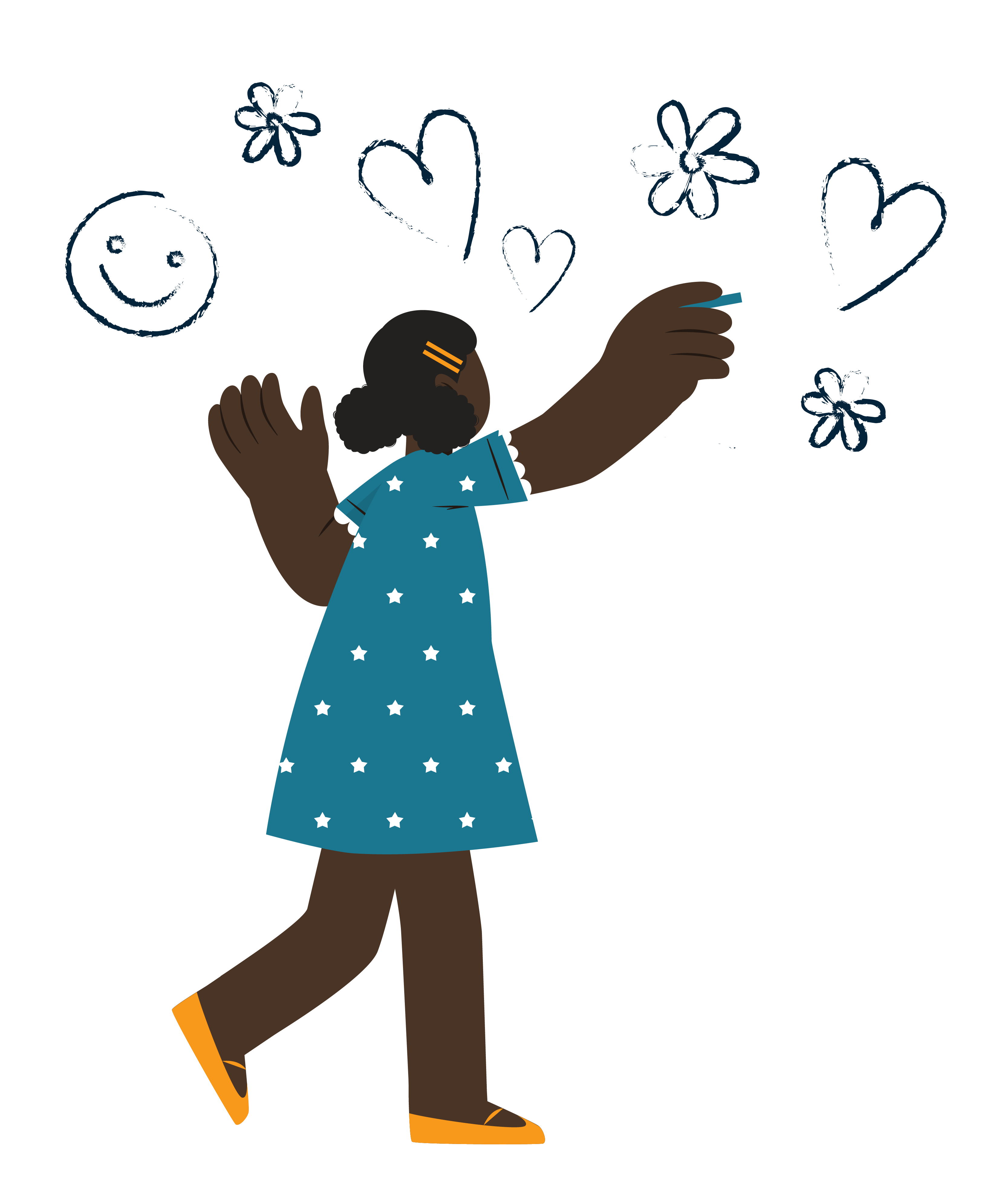Work with children spans a number of disciplines and sectors. This page contains some practical and thought-provoking tools for strengthening a shared image of the child as urban citizen underlying different spheres of work.
Introduction
During Urban Month October 2020, Wits University’s Department of Spatial Analysis and City Planning, hosted a web event Children as Urban Citizens (in crisis and beyond). Mimosa Pre Primary and Primary School, Play Africa and The Trinity Session gave presentations demonstrating participatory child-centred approaches to play, learning, investigation and co-creation. These presentations aimed to show people what “children as citizens” can look like: showcase the powerful and amazing work being done currently by practitioners in Johannesburg – showcasing evidence of work that has been done, using creative, innovative approaches from a uniquely Johannesburg-centred perspective.
Further to this event, The Art in Early Childhood Symposium hosted by the University of Wollongong, Australia, 21-27 February 2021, included a special panel entitled There’s an Elephant in the Early Childhood Visual Arts Room, curated by Theresa Giorza with contributions from Mimosa School, Play Africa, The Trinity Session, Mitra Maki, Sweden, Nora Seneka, Durban, Lassie Ndalelea Changemaker Children and the Curriculum Development Project, Makers Valley Joburg.
Case Studies
MIMOSA SCHOOL
Play Africa
The Trinity Session
Spatial Analysis & City Planning
Mimosa School
About
The first two case studies show how children are capable of thinking philosophically, have a sense of civic and environmental responsibility and have a voice. We see what this means in the daily activities of children and teachers at school. And how children come to ‘’A JOYFUL PLANT PROTEST’ as a seamless transition from their investigation and thinking at school.
Doing research with children is a process of asking a meaningful question, listening to the children‘s responses – not just through their words, but in their activities, their drawings, their creations – documenting what you hear and returning to the children to ask for clarification and further thinking. Then you can relaunch the inquiry and see what they come up with next.
The third case study is a community project in which a section of road is closed to cars and transforms into a space where people can move freely. Mimosa School was inspired by this idea of reclaiming our streets as public spaces and turning them into a piazza. The article is titled, “Below the street, in the soil: A journey of becoming in Johannesburg, South Africa,” from authors Judith Browne and Heather Barclay of the Mimosa School in Johannesburg, South Africa.
Collaborative reflection on documentation was essential for embracing uncertainty and seeing our community in new ways. : Stepping into the unknown of the street forced us to pay closer attention to what and how the children were experiencing and exploring, and to engage more deeply with how our documentation of these explorations could be used to project forward. Through reflection, we came to the realization that, “Where we adults might have only seen barriers, the children found possibilities.”
Children as Citizens. Children as Researchers.
About
This toolkit can be used by everyone to create a playful learning experience for children while empowering them to imagine an improved community.
Workshop Sections
The introduction includes an overview of the format of the toolkit, and a brief exploration of the key concepts of placemaking and design thinking.
The documents here will help you plan and conduct the adaptable Play Africa workshop “Designing with Children”. We recommend utilising all four parts when implementing your adaptation of the workshop. They are; Planning, Curriculum, Implementation and Helpful documents and policies.
Play Africa

The Trinity Session
About
Having worked in many countries abroad, Johannesburg has always served as a catalytic reference point for how to think beyond the often-elitist structures of the art world, with a view to cultural production found in the public domain. To this extent The Trinity Session has co-produced numerous multi-media projects and events around the country and on the continent, with the objective of bringing knowledge back home.
PUBLIC ART STRATEGY, COMMISSIONING & IMPLEMENTATION
Since 2002 The Trinity Session has tendered on numerous urban upgrade projects which include an artworks component. Typically The Trinity Session functions as a liaison between the artistic community and local residents engaged to participate in these artworks programmes and The City of Johannesburg, the client. Given the site specific nature of many of the commissions, The Trinity Session employs various workshop methods aimed at extracting relevant local meaning and narrative which in turn influences the mechanisms of fabrication, and implementation of the artwork. The Trinity Session often works in close collaboration with the appointed professional team of development managers, urban designers, engineers and building contractors responsible for the design and implementation of the upgrade area.
Spatial Analysis & City Planning | WITS
About
Article 12 of the United Nations (UN) Convention on the Rights of Children (1989) affirms the right of children to participate in public life but, decades later, children’s participation remains ‘local, scattered, ad hoc, fragile…seemingly invisible on the landscape’ (Prout 2000, p.6). The policy brief is aimed at government officials and professionals in South Africa providing:
- A rationale for children’s voice and perception within planning and design process.
- Some relevant theory.
- An outline of helpful precedent.
- Guidance on the process on incorporating the voice of children.
- Guidance on substantive issues relating to children in South Africa.
- A proposed way forward in mainstreaming children’s participation.